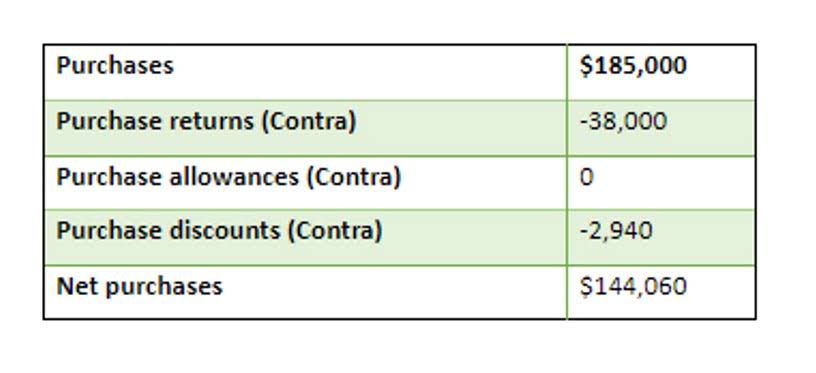
Some tasks in accounting can be complex, like making sure taxes are paid correctly and following law and regulation. In short, accounting helps businesses make important financial decisions. Bookkeepers generally need strong attention to detail, data entry skills, and proficiency in bookkeeping software.
- It is important to note that salary levels may vary based on experience, location, and industry.
- This allows for more strategic decision-making and proactive financial management.
- This collaborative approach, as discussed on NerdWallet, combines accurate record-keeping with insightful analysis for informed decision-making.
- Accountants depend on these accurate records to perform their own work.
- Understanding these distinctions also clarifies potential career paths if you’re considering a career in finance.
Sales tax management
Knowing when to hire a bookkeeper can be the difference between financial clarity and costly https://www.bookstime.com/industries chaos. If you’re unsure whether it’s time to bring one on board, consider these scenarios—and how they align with your business needs. This in-depth look at bookkeeping vs. accounting is part of our complete guide on career paths as a tax preparer.
Evolving Roles in Finance
The demand for new bookkeepers stems from a need to replace those who retire and workers who transfer bookkeeper vs accountant salary to other industries. Regardless of which bookkeeping certification you pursue, we recommend taking a preparatory course. Shoeboxed provides a clear audit trail, which is essential for accountants when conducting audits and ensuring regulatory compliance. Accountants can use the categorized and organized data from Shoeboxed to prepare detailed financial reports and conduct in-depth financial analysis.
GAAP Compliance: The Way to Earn Trust

Whether you’re tracking daily transactions or analyzing financial data, we’ve got you covered. An accountant is a financial architect who transforms numbers into strategies. While bookkeepers handle the day-to-day details, accountants focus on analyzing data, solving problems, and driving growth. Young businesses often get away with doing their accounting and bookkeeping responsibilities themselves. In the long run, however, it wouldn’t be financially wise to continue doing that, as many errors might creep in, potentially costing you money and time. Synder offers a built-in analytical tool — Synder Insights — that can process large volumes of financial data quickly and efficiently.
- Bookkeepers and accountants deal with sensitive financial information.
- Their role is to analyze financial data, and they do this by identifying key financial indicators to reveal the big picture and show how the business is progressing.
- Both roles support the financial integrity and health of a business, but in different ways.
- With years of experience under your belt, it’s likely that you already have the skills and credibility required to do your job well.
- Whether you’re learning new software, understanding updated regulations, or expanding your financial strategy knowledge, continuous learning is essential.
- By automatically categorizing transactions and syncing them with your accounting software, Synder provides accountants with the necessary data to compile comprehensive P&L reports efficiently.

The main difference between bookkeeping and accounting is each role’s focus. Bookkeepers handle the day-to-day recording QuickBooks and organization of financial transactions. Accountants take a more holistic approach, analyzing, interpreting, and reporting on financial data—often in the name of providing strategic advice. Sometimes, grasping the difference between bookkeeping and accounting can be tricky. Both bookkeepers and accountants work with your finances and help make your tax reporting a smooth experience. But to properly manage your ecommerce business, you need to dive into the differences to know whom to hire.

Big Beautiful Bill Act: What It Means for E-Commerce Business Owners
In this guide, you’ll learn what differentiates a bookkeeper vs accountant, which your business should hire, and when to employ them. Individuals pursuing a career in bookkeeping can expect their title to be bookkeeper, bookkeeping clerk, accounting specialist, accounting clerk, or auditing clerk. Although these titles differ, the role behind the title is generally the same.
